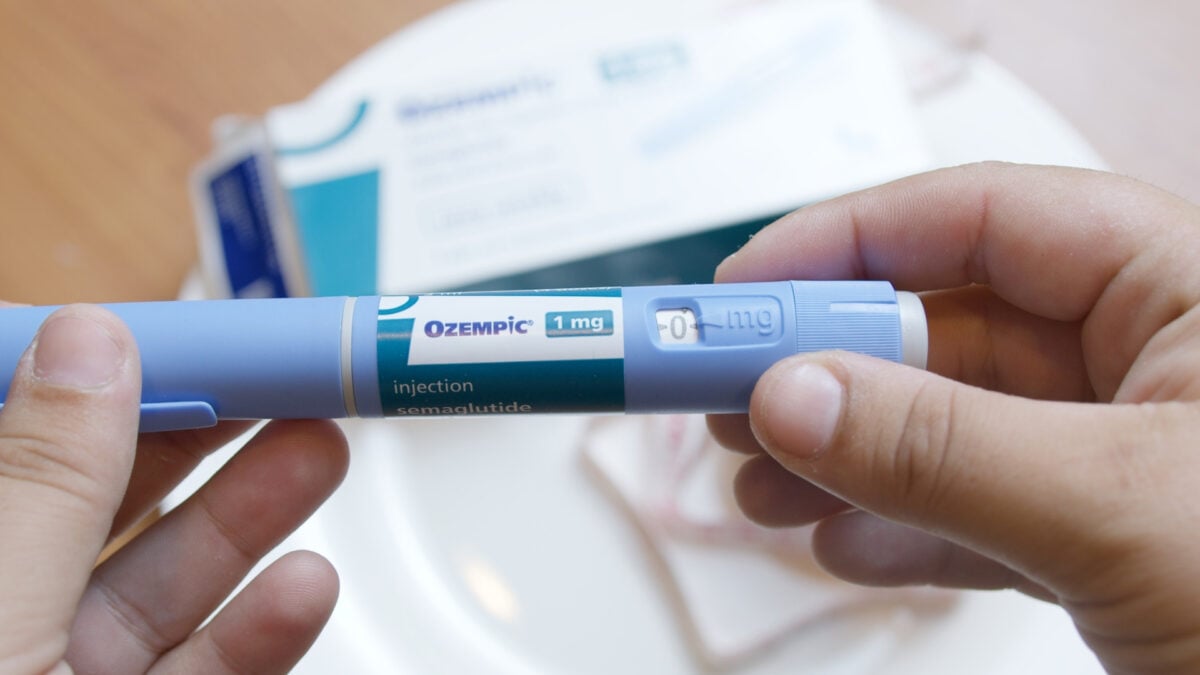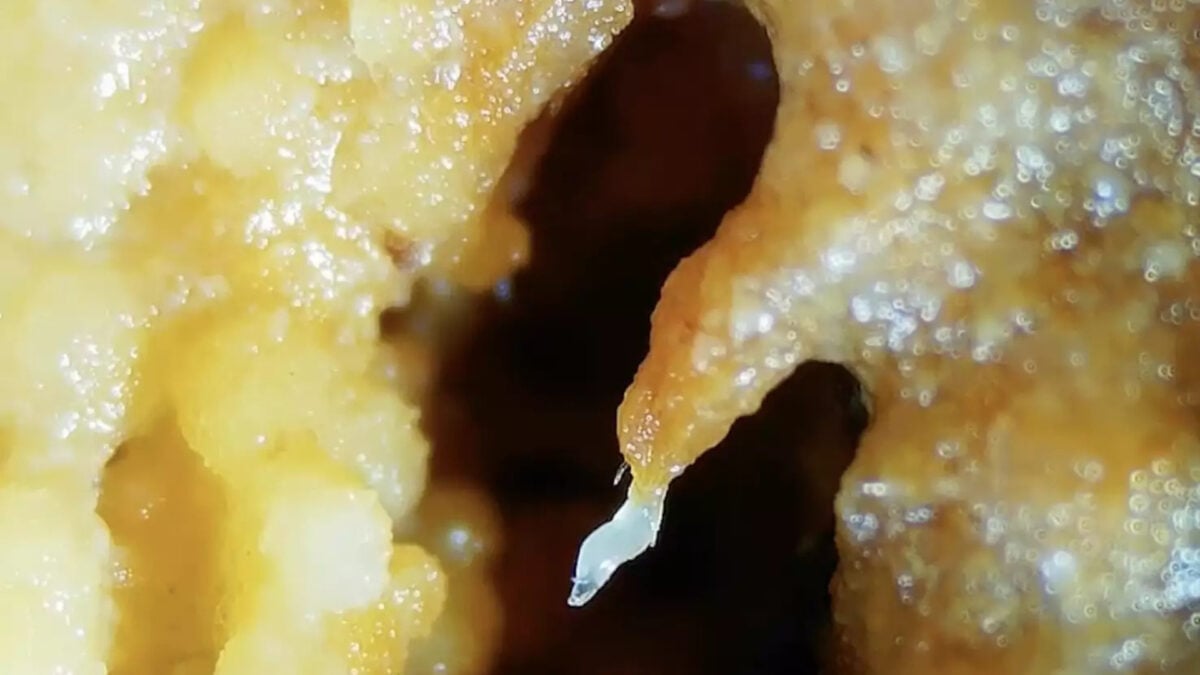Two widely used anti-allergy medications, cetirizine and levocetirizine, could lead to an unexpected and uncomfortable outcome upon discontinuation. The U.S. Food and Drug Administration (FDA) has issued a warning concerning a rare but significant side effect: severe itching, known as pruritus, that can occur after stopping long-term use of these drugs. This alert highlights a potential cetirizine and levocetirizine withdrawal itching phenomenon that users should be aware of.
FDA Details Warning on Antihistamine Discontinuation
The FDA’s safety communication, issued earlier this month, stems from hundreds of reports accumulated over the past decade. These reports describe individuals experiencing intense, sometimes “debilitating,” itching after they ceased taking cetirizine or levocetirizine. While this appears to be an infrequent complication, the agency now requires manufacturers to include this potential side effect in the product labeling for these antihistamines.
The FDA stated, “The underlying mechanism for this risk is unknown, but our evaluation supports a causal relationship between stopping cetirizine or levocetirizine and pruritus.”
Understanding Cetirizine and Levocetirizine
Cetirizine and levocetirizine are established second-generation antihistamines. Cetirizine was first approved under the brand name Zyrtec as a prescription medication in 1995. Levocetirizine, sold as Xyzal, received its approval in 2007. Both drugs, while still available via prescription, are now also widely accessible over-the-counter (OTC) for managing symptoms of hay fever and other allergic conditions. [internal_link_to_MaagX_article_on_allergy_treatments]
A History of Withdrawal Itch Reports
Despite the recent official warning, concerns about this particular side effect have circulated for years, even with the drugs’ general record of safety for millions. A 2019 study identified potential cases of severe pruritus linked to cetirizine withdrawal dating to 2008. Similarly, a 2016 study documented comparable cases in the Netherlands with levocetirizine. Users have also shared distressing experiences of unbearable itching when discontinuing these medications on platforms like Reddit and other social media, long before the FDA’s intervention. Many reported this itching was new or far more intense than any previous allergy-related itch.
FDA’s Investigation: Scope and Severity
The FDA identified 209 global cases (197 in the U.S.) of new-onset pruritus after cetirizine/levocetirizine withdrawal from April 2017 to July 2023. Most had used the medications for over three months, often years, though cases occurred after only one month of continuous use. Sufferers typically described widespread itching requiring medical intervention; in some instances, the severity led to individuals being bedridden or even thoughts of suicide or self-harm.
Rarity, Relief, and Recommendations for Users
The good news is this severe withdrawal itching appears rare. The FDA noted around 100 million prescriptions or OTC purchases for both drugs combined in 2022. Those affected aren’t necessarily doomed to itch indefinitely. The FDA found 90% who restarted their medication resolved their itching. About one-third avoided new itching by slowly weaning off the drug after restarting. Some also found relief with short-course corticosteroids. [internal_link_to_MaagX_drug_safety_information]
The FDA’s warning about severe itching after discontinuing cetirizine or levocetirizine is crucial for long-term users. While this side effect is rare, awareness allows individuals to make informed decisions. If you are a long-term user of these allergy medications and plan to stop, or if you are considering long-term use, the FDA advises discussing the benefits and risks with your doctor. They can offer personalized advice based on your specific health needs and help manage potential withdrawal symptoms.
References
- Food and Drug Administration. (FDA). (2024). Cetirizine or Levocetirizine Drug Safety Communication: FDA Warns About Risk of Severe Itching After Stopping Long-Term Use. https://www.fda.gov/safety/medical-product-safety-information/cetirizine-or-levocetirizine-drug-safety-communication-fda-warns-about-risk-severe-itching-after?utm_medium=email&utm_source=govdelivery
- Food and Drug Administration. (FDA). (2024). FDA requires warning about rare, severe itching after stopping long-term use of oral allergy medicines cetirizine and levocetirizine. https://www.fda.gov/drugs/drug-safety-and-availability/fda-requires-warning-about-rare-severe-itching-after-stopping-long-term-use-oral-allergy-medicines
- Goodman, B. (2019). Pruritus after discontinuation of cetirizine. Therapeutic Advances in Drug Safety, 10, 2042098619851262. https://pmc.ncbi.nlm.nih.gov/articles/PMC6613055/
- Schönberger, K., & van der Linden, P. D. (2016). Pruritus on withdrawal of levocetirizine. Drug Safety – Case Reports, 3(1), 21. https://pmc.ncbi.nlm.nih.gov/articles/PMC5124431/
- Hamblin, J. (2019). Quitting Zyrtec Is Total Hell. Elemental by Medium. https://elemental.medium.com/quitting-zyrtec-is-total-hell-c3e79d753a1a











